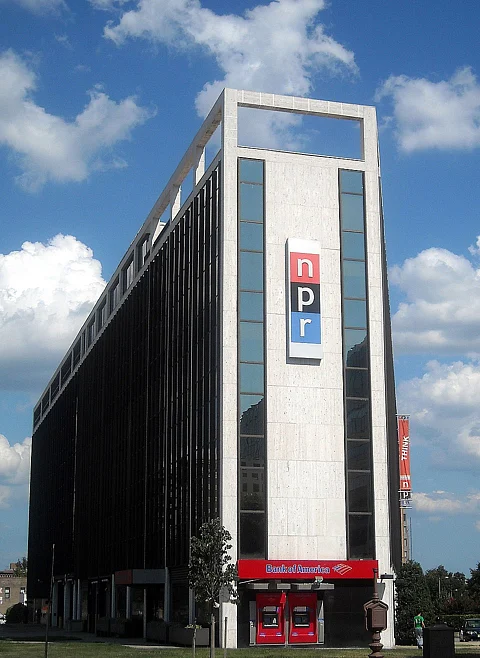

National Public Radio (NPR) and three of its member stations filed a federal lawsuit on Tuesday challenging an executive order by President Donald Trump that seeks to eliminate government funding for public media. The suit alleges the order violates the First Amendment and undermines congressional authority over federal spending.
The May 1 executive order called for an end to taxpayer funding for the Corporation for Public Broadcasting (CPB), which distributes federal dollars to NPR and PBS. Trump has repeatedly criticized the outlets as "left-wing propaganda" and accused them of spreading "radical, woke propaganda disguised as 'news.'"
In the lawsuit, filed in U.S. District Court in Washington, D.C., NPR and the affiliated stations argue that the order constitutes unconstitutional retaliation against news organizations for their editorial independence.
"The Order targets NPR and PBS expressly because, in the President’s view, their news and other content is not 'fair, accurate, or unbiased,'" the complaint states. "It cannot stand."
The plaintiffs—NPR, Colorado Public Radio, Aspen Public Radio, and KSUT Public Radio—seek to block the order and have it declared unconstitutional. They contend that Congress, not the president, holds authority over federal appropriations. CPB funding, currently around $500 million annually, is allocated two years in advance.
"The Executive Order is a clear violation of the Constitution and the First Amendment’s protections for freedom of speech and association, and freedom of the press," NPR President and CEO Katherine Maher said in a statement.
The Trump administration maintains that the order is a lawful effort to curb taxpayer support for what it deems partisan media.
"The Corporation for Public Broadcasting is creating media to support a particular political party on the taxpayers' dime," White House spokesperson Harrison Fields told Newsweek. "The president was elected with a mandate to ensure efficient use of taxpayer dollars."
Legal experts are divided on the lawsuit’s prospects. Former federal prosecutor Neama Rahmani said NPR has a strong First Amendment case, citing recent court rulings against government retaliation toward media. However, attorney Bradford Cohen, who has represented Trump, called the suit "for press purposes" and predicted it would fail.
The case is the latest in a series of legal battles between the Trump administration and media organizations, including a pending $20 billion lawsuit against CBS over a 60 Minutes interview with former Vice President Kamala Harris.
NPR and PBS have emphasized that most federal funding supports local stations providing critical news and emergency alerts. Only about 1% of NPR’s revenue comes directly from the government, with corporate sponsorships making up the largest share.
The lawsuit invokes a 1988 dissent by the late conservative Supreme Court Justice Antonin Scalia, who wrote that some government actions are overt in their intent: "This wolf comes as a wolf."
The outcome could have significant implications for public media and the broader relationship between the press and the executive branch.